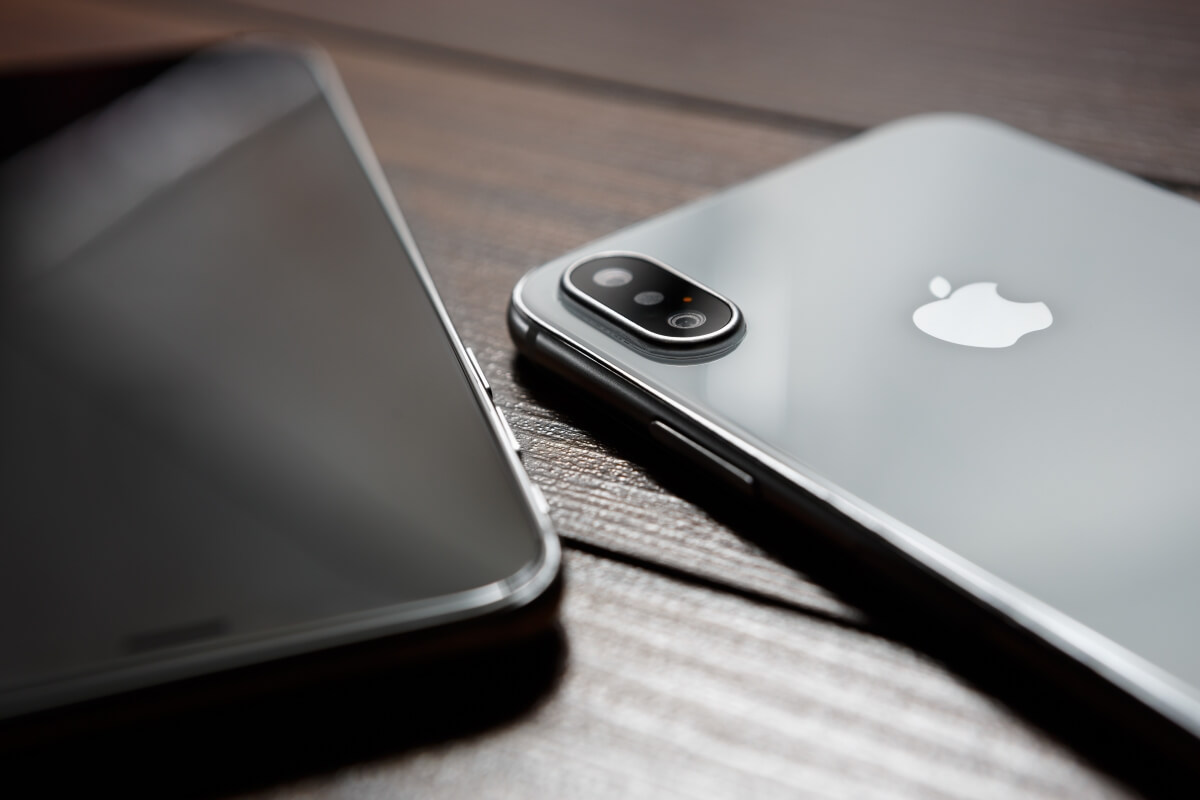A hot potato: Recently, iFixit found out about a "dormant software lock" that came into action once an iPhone (XR, XS or XS Max) detected a third-party battery replacement or even a genuine battery taken from another iPhone, citing the use of a micro-controller for authenticating a battery installation with the phone. This meant that independent repair shops which are often a low-cost alternative to Apple's retail stores, Best Buy or other authorized Apple repair shops could still perform battery replacements, but iPhones powered by them would have their Battery Health functionality disabled resulting in a "Service" status for the battery with no diagnostic data for monitoring.
"Unable to verify this iPhone has a genuine Apple battery. Health information not available for this battery," says the message under Battery Health if your latest iPhone detects a third-party battery replacement or even a genuine battery from another iPhone if the operation wasn't done by an Apple approved technician.
Although such iPhones can still be used, the disabling of Battery Health data has been seen as an effort from Apple to clamp down on independent battery replacements and discourage customers from going down the low-cost, and depending upon your location, a more convenient route.
The move has once again brought criticism over Apple's strict policies and control over its products that are increasingly seen as anti-consumer. Responding to the public reaction, a spokesperson for the company recently spoke to The Verge about why Apple took this decision. "We take the safety of our customers very seriously and want to make sure any battery replacement is done properly," adding that for customer convenience, there were now over 1,800 Apple authorized service providers across the US.
The new feature, says the spokesperson, was introduced last year "to notify customers if we were unable to verify that a new, genuine battery was installed by a certified technician following Apple repair processes. This information is there to help protect our customers from damaged, poor quality, or used batteries which can lead to safety or performance issues. This notification does not impact the customer's ability to use the phone after an unauthorized repair."
While a customer's inability to view Battery Health information including Maximum Capacity and Peak Performance Capability is likely frustrating, Apple's stance on the issue is that it can't guarantee accuracy of such battery replacements and the micro-controller further ensures that even genuine batteries installed by independent repair shops (or your technician/hobbyist friend) are unable to verify unless customers go where Apple explicitly says they should.
